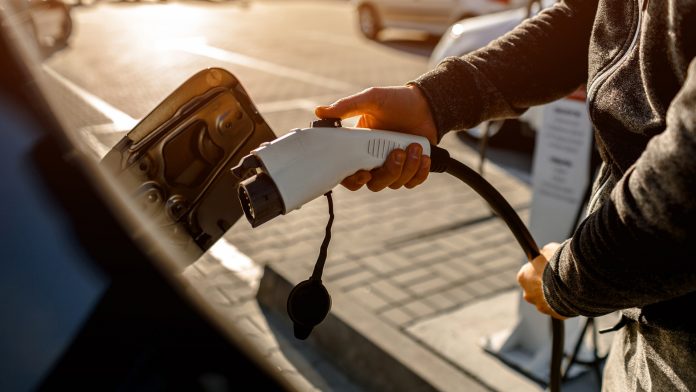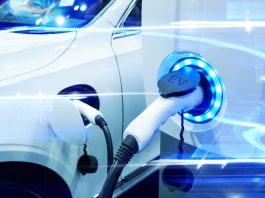Researchers at the University of Geneva have studied the psychological barriers to electric vehicle adoption, finding that underestimating battery autonomy is a significant obstacle to uptake.
Currently, the transport sector is one of the biggest emitters of greenhouse gases, such as CO2, with the use of fossil fuel vehicles accounting for approximately 18% of the world’s CO2 emissions. As greenhouse gases are a significant cause of global warming, which is accelerating at a worrying pace, it has become imperative to transition to electric vehicles (EVs).
The electric vehicle market is expanding in many countries. However, the market share is not yet big enough for a significant reduction in road traffic emissions. In 2020, EVs represented only 1% of the global vehicle fleet, including hybrid vehicles. In order to meet the 2030 climate targets, this proportion must reach at least 12%.
What is curbing electric vehicle adoption?
There are currently barriers to the electrification of the vehicle fleet; this includes practical barriers such as sufficient electric vehicle charging points, as well as psychological barriers to electric vehicle adoption.
A group of researchers at the University of Geneva (UNIGE) have examined these psychological barriers that prevent consumers from transitioning to electric vehicles. Through their research, they found that there is a systematic problem of consumers underestimating the capacity of electric vehicle driving ranges to meet their daily requirements.
The team’s research findings, which have been published in Nature Energy, could lead to new avenues to overcome current barriers to electric vehicle adoption, speed up electrification and influence policy approaches.
According to the researchers, the majority of financial and technological obstacles to EVs are being eliminated, with more affordable EVs on the market and financial incentives, as well as a growing number of charging points. Despite this, EV adoption has curbed. The team discovered that the barrier to EV adoption now resides in cognitive biases and shortcuts of car drivers.
“Until now, initiatives related to the energy transition generally focused on the technological and financial barriers to their realisation. Psychological factors have been given very little consideration. However, many studies show that individuals do not automatically adopt the behaviours most beneficial for themselves or society, often due to a lack of access to complete information”, said Mario Herberz, who is the first author of the study and researcher at the Consumer Decision and Sustainable Behavior Laboratory of the Department of Psychology at the Faculty of Psychology and Educational Sciences of the UNIGE.
Data collection reveals cognitive bias
The team interviewed over 2,000 car drivers from Germany and the US, ensuring to interview people from a variety of social backgrounds and a broad age range. Through this, the UNIGE team were able to get to the root of the cognitive biases that were holding consumers back from electric vehicle adoption.
“We observed that the participants systematically underestimated the compatibility of electric battery capacities available on the current market with their real needs,” commented Tobias Brosch, director of the Consumer Decision and Sustainable Behavior Laboratory and last author of the research.
The data reveals that many consumers lack the necessary information on EV batteries, believing that current batteries are not sufficient to cover their daily requirements. This underestimation is significant, at approximately 30%.
“To reassure people, the solution is not only to densify the network of charging stations or to increase the size of batteries, which require scarcer resources such as lithium and cobalt. It is the provision of information adapted to the concrete needs of drivers that will reduce their concern and increase their willingness to adopt an electric vehicle,” added Herberz.
Calculating the optimal driving range of EVs
Upon further research, the UNIGE team discovered that over 90% of journeys could be completed using vehicles with a 200km driving range; this is well within the capacity of EV batteries on the market today. “The trend is to increase performance, but we have observed that a greater range, beyond 300km for example, does not increase the fit to daily needs. It would only have a minimal impact on the number of additional trips that can be completed with one electric charge. Increasing the size of the batteries is therefore not a key element in the energy transition,” concluded Herberz.
The group’s research – which was partially funded by the Swiss Federal Office – indicates how significant the psychological barriers to electric vehicle adoption are. It also demonstrates how important it is that people have access to relevant information so that these misconceptions are less prevalent. Without such underestimations on the capacity of EV batteries, consumers would be more likely to buy and use electric vehicles, thus taking us closer to reaching important climate targets.









